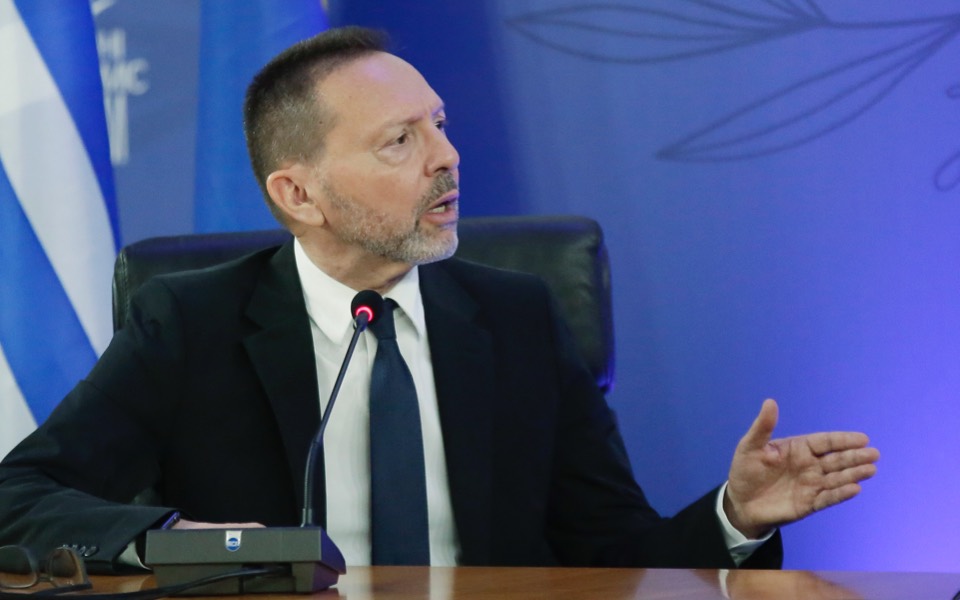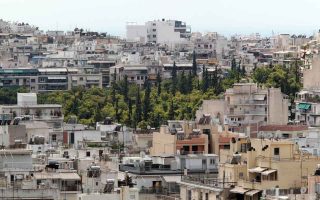Plenty of work ahead for debt
Stournaras warns reforms and high growth are needed for an acceptable level in 40 years

In 40 years, assuming the country secures stable primary surpluses of 2% of the gross domestic product per year and certain key reforms are decisively advanced, Greece’s public debt will return to 60% of GDP, approaching its level in 1974, per the estimates from the Bank of Greece, which are cited by its governor, Yannis Stournaras, in an article in Parliament’s magazine. According to the central banker, the goal is achievable and Greece must achieve it for the next generations. He recalled that in 1974 the debt was much lower than 60% of GDP.
Stournaras recently highlighted another deviation from Europe that has occurred in recent years: GDP per capita. As he said, it will take 20 years for Greece to approach 90% of the average GDP per capita, where it was 20 years ago. In fact, he added yet another condition: That it will grow at an average rate of 1.5% above the EU equivalent, which is by no means certain.
In his article in Parliament’s magazine, in an issue marking the 50th anniversary of the restoration of democracy, he also rings the alarm about the country’s labor shortage, saying that Greece currently lacks 200,000 workers in tourism, agriculture and construction. “If we don’t find them immediately, we will start to have problems in the economy as well,” he says. He said that in the 1990s, in the process of convergence toward the economic and monetary union, foreign workers kept inflation in Greece low.
“Most people think,” he notes, “that our problem was mainly the public sector deficit. It wasn’t the most important thing. It was inflation because we had an economy that started with interest rates at 19%, only to come down to about 4%. This big rate cut overheated the economy and drove up all values. If we didn’t have immigrants in the agricultural sector and construction, we wouldn’t have met the inflation criterion.”
As for the reforms that need to be made, Stournaras emphasizes that he would choose education first, health second and environment third.





